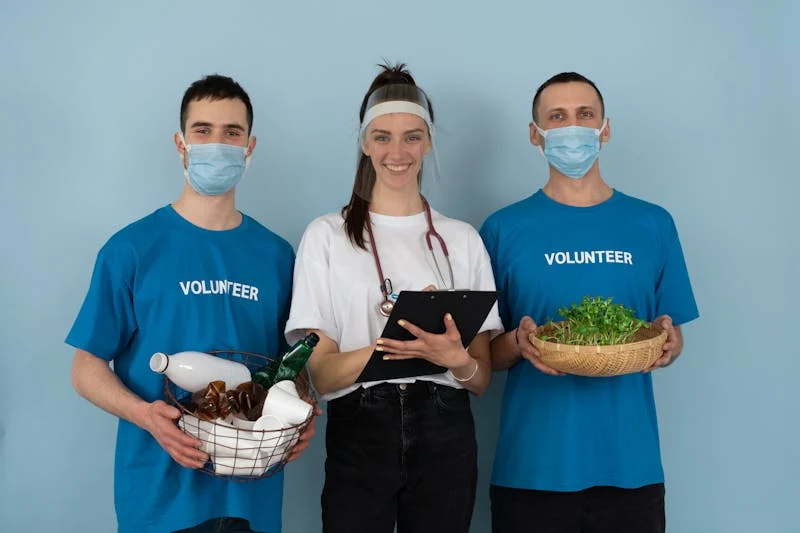Blog
3 Health Changes You Might Not Expect as You Age

Things you were once able to do with ease have now become a struggle to maintain Health, and you might even feel like you are losing your independence in these moments. After all, getting up off of your favourite chair shouldn’t be such a hassle, should it? Maybe not, but it is expected as you grow older.
There are some aspects of ageing that people are unaware of.
These aspects, including changes in cognitive functions, immune system, and skin, can actually be a shock to some.
Thankfully, this post has outlined each of these three changes with information on what seniors should expect.
Cognitive Changes

Like the rest of the body, the brain will also change as you get older. This can shock some, especially when learning that this change begins in youth and continues throughout later life. There will be a small decline in some thinking skills as the brain becomes less efficient, but this is considered to be “normal cognitive aging.” It mainly affects reasoning, short-term memory, and the speed you process information. This shouldn’t affect your quality of life too greatly.
Some people might experience more changes than those considered “normal.” This could mean they will lose more thinking skills than most seniors or even develop dementia.
Addressing cognitive changes with age is incredibly important no matter how severe it is, but it is especially critical if you experience more serious lapses.
A doctor can offer further advice if you or your family are concerned about this.
Immune System Changes
Your immune system is often your best defence against bacteria and viruses, which have the ability to make you very unwell. It creates antibodies and cells that work to destroy the harmful substances you encounter, and it would have been improving most of your life. However, the immune system falters and doesn’t work as effectively when you get older and approach your senior years. This can put you at greater risk of catching diseases and illnesses.

One way it changes is the immune system becomes slower to respond to threats. This, and the fact it will not detect and correct defected cells as well as before, can increase the chances of you becoming unwell. Even vaccinations can prove almost useless as a senior, with many of them protecting for a shorter time or not working at all.
Skin Changes
Although everyone expects the physical appearance of their skin to change as they get old, with wrinkling and sagging, the changes go a little deeper than just how it looks. There is a lot the skin actually does; it protects against the environment, helps to control body temperature and fluid/electrolyte balance, and contains nerve receptors that enable feelings of pain, pressure, and touch.

- The outer layer of skin will begin to thin as you get older, which can make aging skin appear almost translucent at times.
- This will offer less protection for the other two layers, with the blood vessels in second layer (dermis) becoming more fragile, which can then lead to bruising and bleeding under the skin.
- Also, with this lack of natural insulation, maintaining body temperature will be tougher, which could cause hypothermia in the colder months.
Similarly, the sweat glands in the skin will produce less sweat over time, and this can also impact body temperature. The individual could be at risk of overheating or developing heat stroke.
Getting older can cause a range of changes to take place, and while you might expect many of them, you will find there are some that will be a surprise. However, with the right knowledge, you can be prepared when these changes occur.
